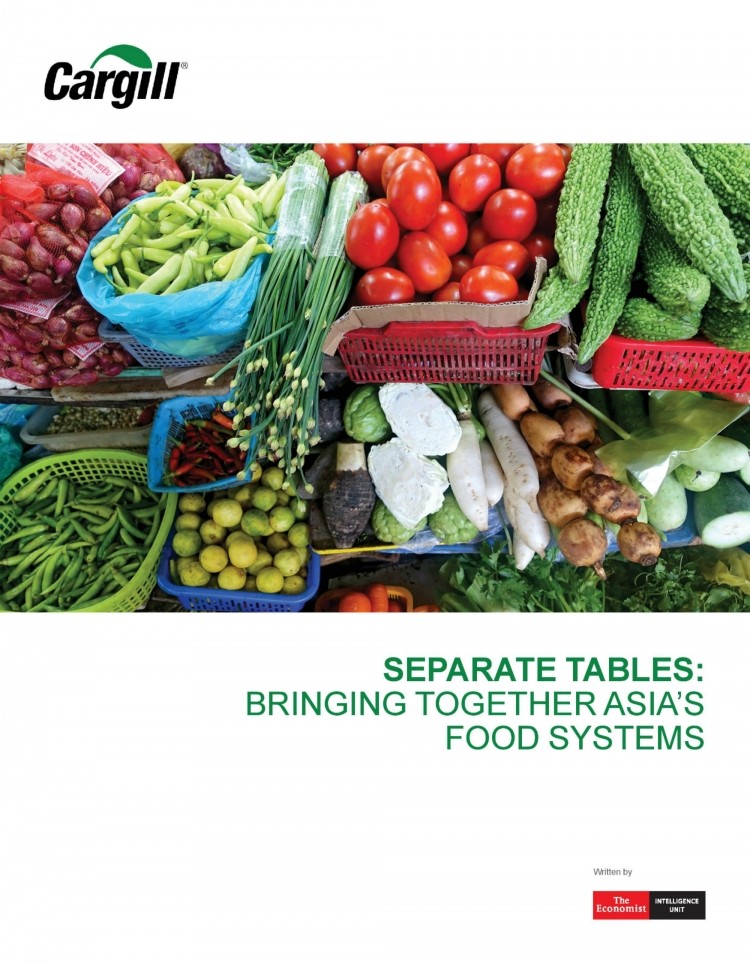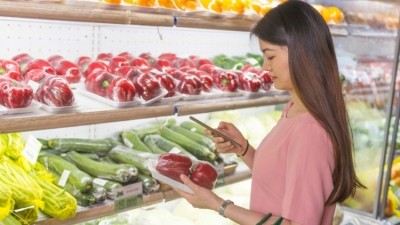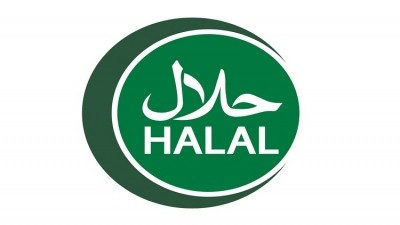Ingredients, agri-food and innovation: The most popular supplier stories of 2018 revealed

1 – Six Asian food system megatrends revealed by Cargill…and the opportunities they offer food firms
Titled “Separate Tables: Bringing Together Asia’s Food Systems”, the research by The Economist Intelligence Unit and Cargill, has identified six megatrends in the food systems in Asia.
The six megatrends include: 1) the dominance of urbanisation 2) diets becoming increasingly energy-dense 3) the increasing double burden of obesity and undernutrition 4) research and development as a key driver or agricultural development 5) increased interest in food systems transparency and sustainability and 6) food politics.
Besides the trends, the report also identified opportunities, challenges, and recommendations for both policymakers and companies.
Food and retail companies are also urged to take note of localisation, since consumer preferences differ in different places.
2– APAC’s burgeoning middle class providing huge opportunities for food firms: Kerry APAC boss
Growing middle-class and increased travel is opening the South East Asian markets up to a raft of new international flavours and opportunities for business growth, said John Savage, president and CEO of Kerry APMEA.
The lifestyle changes has brought tremendous opportunity for the firm, with its sales revenue from the APAC increasing by 13.1% in 2017 to cross the USD$1bn mark, Savage said in an interview.
In addition, growth was rapid for cheese products and Western-style coffee, on top of food trends from Korea, Japan, and Taiwan.
To ride on the momentum in APAC, the firm had expanded its Regional Development and Application Centre in Bangpoo, Thailand. The centre is also the Centre of Excellence for Meat – its first of such in the APAC, Middle East, and Africa region.
3 – Singapore’s largest indoor farm to give food firms and national food security a boost
Singapore’s VertiVegies is building a 20,000m2 indoor vertical plant farm, the largest in the country.
Located in Lim Chu Kang, the farm will produce many varieties of fresh and sustainable vegetables, including leafy greens, microgreens, herbs, and fruits.
With the farm, local food manufacturers and processors would have the new option to use or to process local varieties, which was something “previously inconceivable”, Veera Sekaran, the firm’s director said.
The farm is expected to be ready by May next year.
4 -– Self-sustaining ‘future food city’ likely to be off coast of Singapore
Named Oceanus Aquapolis City, the self-sustaining ‘future food city’ deploys advanced farming techniques to grow a mixed crop cultivation of vegetables, seaweed, and fish.
It requires minimal manpower with the use of the Internet of Things (IoT) and Artificial Intelligence (AI).
The project involves Oceanus, Shaw Investment Holdings, and China Construction Seventh Engineering Division Corp.
Should the points of the discussion be confirmed, the city will be located offshore in the South of Singapore.
5 – Beyond just taste: Five flavour trends taking shape in Asia
Flavour firms should look beyond the parameters of taste when driving R&D.
Supplier International Flavours and Fragrances (IFF) said that flavour firms should also consider other factors such as “consumer lifestyle shifts” for R&D opportunities.
For instance, with heightened interest in health and wellness, consumers are increasingly looking for flavours that could bring health benefits.
Fermented flavours, such as kimchi is an example of a “healthy” flavour as it is recognised as a gut-friendly food.
6 – India’s Khagaria mega food park expected to open in 2018
Located in Mansi, on the outskirts of Khagaria town in the state of Bihar, the mega food park will be 70-acres in size.
On completion, it will have facilities of 40,000 tons dry warehouse, 10,000 tons grain silos, 5,000 tons multi-products cold storage, 10 tons per hour packing house, two tons per hour IQF, 1,500 tons deep fridge, modern testing labs and reefer vans.
Well connected to the rest of India via a nearby national highway, the food park is expected to generate a turnover of Rs500 crore (US$77.59m) and will benefit 30,000 farmers in the area.
The project will cost about Rs127.6 crore (US$19.8m).
7 – ‘Fabricated hysteria’: Food firms making dubious ‘no palm oil’ claims under fire as GAR highlights sustainability gains
The use of palm oil has been a highly debatable topic in the food industry due to the issue of sustainability.
Some agricultural supplier firms have cautioned against the motives of food firms that make unjustified ‘no palm oil’ label claims.
An example is replacing palm oil with animal fat or with soy. Golden Agri-Resources (GAR) explained that by doing so, firms are just displacing the issue of deforestation from one part of the world to another place.
In other instances, some food firms which make the ‘no palm oil’ label claims when they did not use palm oil in the first place, ran a risk of making false and misleading advertising claims.
8 – China and Malaysia joint shrimp venture to create 1,000 jobs
The joint venture is between Malaysia’s Koperasi Pelaburan Pembangunan Hartanah Perak Berhad (KPPH a.k.a Perak Property Development Investment Cooperative) and China’s Fubao Group.
Located at Bukit Malut, Langkawi, the 101.17ha site is said to be capable of producing about 300 tons of White Shrimp a year, and generate about RMB$1.5bn (US$386.1m) each year after its first three years of operation.
KPPH would be the anchor co-op and would invite other co-ops especially those in Langkawi to join hands in making the project a success, said Datuk Abdul Fattah Abdullah, the president of the National Cooperative Movement of Malaysia (Angkasa).
The project is expected to create more than 1,000 jobs, as well as to further the research and breeding of the South American White Shrimp species in the country.
9 - Could computationally designed sweet proteins revolutionise sugar replacement sector?
As sugar reduction and replacement takes the centre-stage, more food firms and start-ups are devoting their resources to reduce the use of sugar.
An example is Israeli firm Amai Proteins, which has developed computerised ‘designer’ sweet proteins.
The sweet proteins can be used in a range of products, such as dairy, beverages, and sports nutrition.
The firm is already partnering with major food firms such as Danone, PepsiCo, and SodaStream to advance its R&D.
10 – Palm oil’s sustainability story ‘not there yet’, but market buoyant in South East Asia: Cargill boss
Sales of palm oil across South East Asia’s palm oil sector will remain strong, despite regulatory and retail backlash in Europe, Cargill said in an interview.
A reason was because “palm oil is the most versatile oil, the cheapest oil to produce, and produces the highest yield,” Peter Van Deursen, CEO of Cargill (APAC) said.
He pointed out that ultimately, it was the rules of supply and demand that would determine the place of palm oil in the market.
“At the end of the day, it’s the consumers who decide, not the government or companies,” he added.











